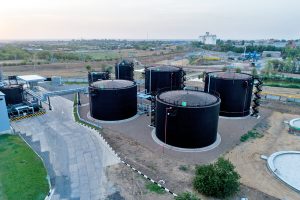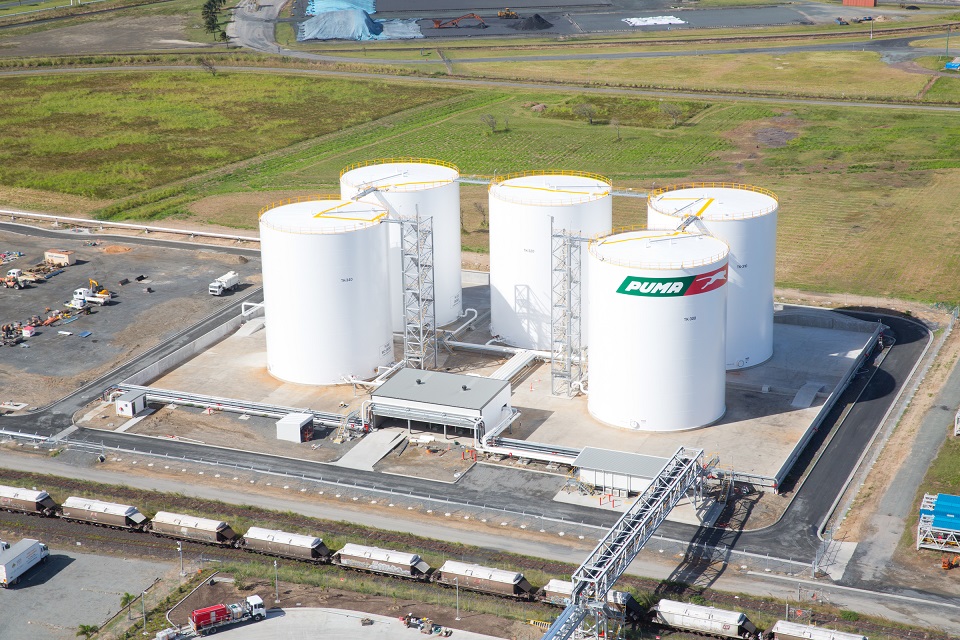The European bitumen supply chain is witnessing notable changes as key players in the UK and France reposition their terminal operations, signaling potential shifts in regional trade dynamics.
UK: Surge in Activity at Dagenham Terminal
In the UK, Tarmac, one of the country’s leading road and construction firms, will begin receiving bitumen cargoes at the Dagenham bitumen terminal in southeast England starting late January. The terminal, operated by Trafigura’s Puma Energy unit since 2015, boasts a 20,000-tonne capacity and forms part of an oil storage facility managed by Stolthaven Terminals, a subsidiary of the Norwegian group Stolt-Nielsen.
The Dagenham terminal has seen a dramatic rise in imports, receiving 211,000 tonnes of bitumen this year — double the 2023 volume, according to data from trade analytics firm Vortexa. This surge follows Puma Energy’s decision earlier this year to halt operations at its bitumen barge terminal in Newport, Wales. The closure of Newport redirected supplies to Dagenham, ensuring inward truck supply to UK customers and compensating for the lost capacity.
Despite the increased activity, Trafigura and Tarmac have declined to comment on specific plans for bitumen purchases. Market sources suggest that Tarmac has finalized its annual term deals for all UK bitumen requirements in 2025, but supplier identities remain undisclosed.
France: NordBit Exits Dunkirk, Eurovia Prepares New Terminal

Across the Channel in France, Hamburg-based NordBit — a joint venture between German firms Mabanol and H&R — is set to end its operations at the Dunkirk bitumen terminal by year-end. The 11,000-12,000 tonne capacity facility, which NordBit has operated since 2019, forms part of a larger oil products and chemicals complex.
According to vessel tracking data, the terminal received just 25,900 tonnes of bitumen this year, with no cargoes discharged since August. Market participants note that the facility requires upgrades, likely influencing NordBit’s decision to cease operations.
The departure of NordBit coincides with the upcoming launch of a 16,000-tonne bitumen terminal in Dunkirk by Vinci’s Eurovia subsidiary, which is nearing completion. Scheduled to begin operations in March or April next year, this new terminal could reshape bitumen logistics in the region, offering modern infrastructure to support growing demand for road and infrastructure projects in France.
Implications for the European Market

The developments at Dagenham and Dunkirk highlight the evolving strategies of European bitumen players as they respond to infrastructure limitations, shifting demand, and competition. Puma Energy’s increased focus on the Dagenham terminal suggests a consolidation of operations to maximize efficiency, while Eurovia’s investment in Dunkirk underscores confidence in the French market’s growth trajectory.
As 2025 approaches, the interplay between these supply chain adjustments will likely influence bitumen trade flows, pricing, and availability across Europe. The focus on modernized terminals, combined with strategic supplier partnerships, is expected to position these regions as key hubs in the European bitumen market.





